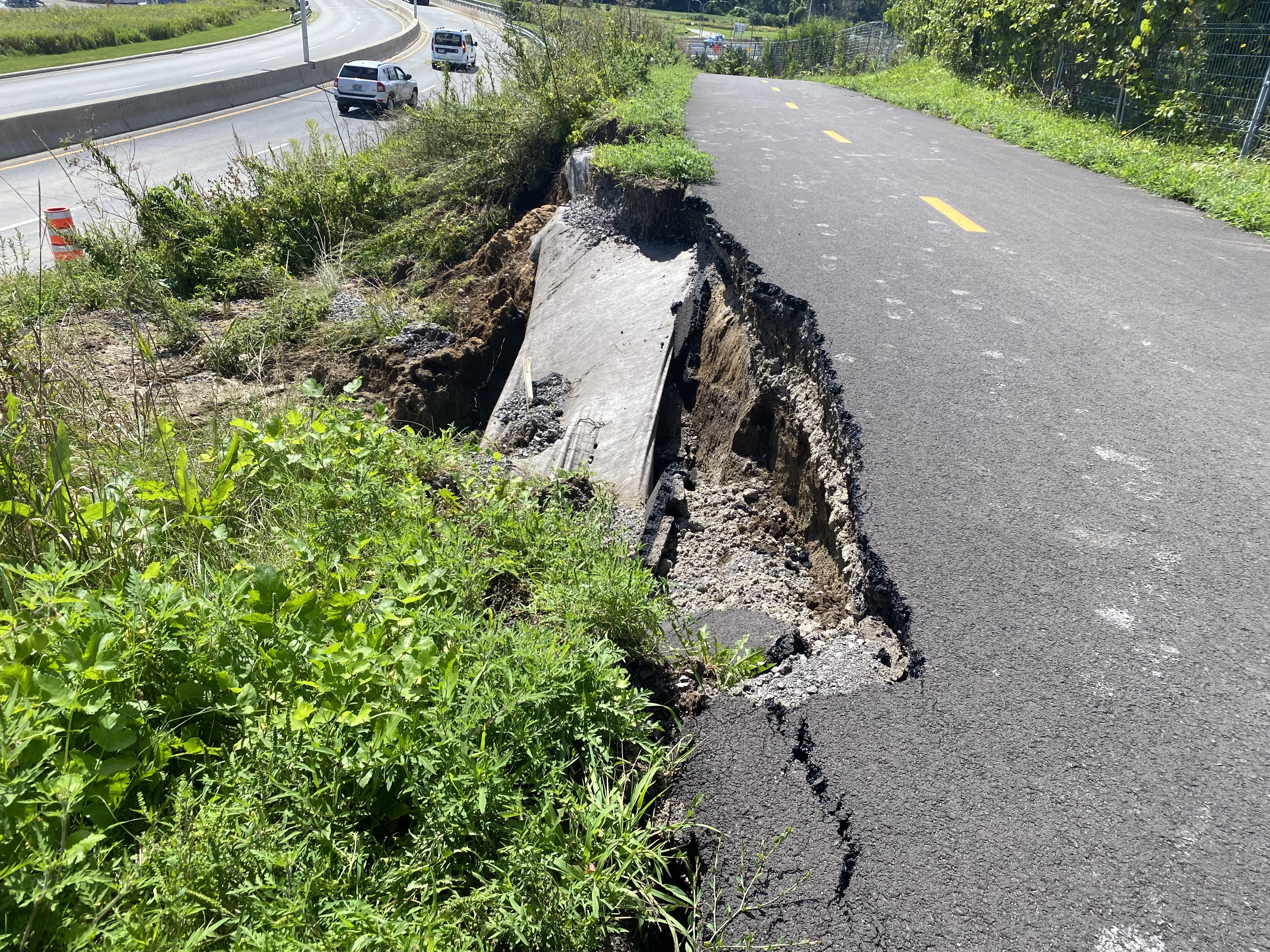L’élagage sanitaire des arbres de la Ville
Au cours des prochaines semaines, nous procéderons à l’élagage sanitaire des arbres de la Ville.
Cette opération consiste à retirer les branches qui peuvent obstruer le passage des camions, ainsi que les branches mortes qui pourraient représenter un danger.
En plus d'améliorer la sécurité des voies publiques, cet élagage contribuera à un déneigement plus efficace cet hiver, en réduisant les risques de blocages.
Nous vous remercions de votre compréhension et de votre collaboration.
La stabilisation des berges du parc kelso et de la promenade adjacente
La ville débute son projet de stabilisation des berges du parc Kelso et de la promenade adjacente, dont les murs de soutènement ont été durement endommagés, notamment par les effets des aléas climatiques de la dernière décennie. Ce projet, évalué à un peu plus de 13,4 M$, permettra d’adapter des infrastructures municipales face aux impacts des changements climatiques.
.png)
Le projet bénéficie d'une subvention du gouvernement du Québec de 9 628 578 $ octroyée dans le cadre du Programme de résilience et d’adaptation face aux inondations (PRAFI) du ministère des Affaires municipales et de l’Habitation. Cette aide permettra à la Ville de couvrir la majeure partie des coûts des travaux.
Les travaux de stabilisation incluent notamment la réfection des murs de soutènement, des travaux connexes ainsi que l’aménagement du site et la végétalisation des berges. Les travaux débuteront à l’automne 2024 et devraient se poursuivre jusqu’au début du printemps 2025.
La Ville s'engage à effectuer les travaux de réfection en minimisant l'impact sur les citoyens, le secteur commercial et les usagers. Ceci étant dit, il est important de noter que:
- Ce projet débutera le 30 septembre 2024 et se poursuivra sur une durée de 20 semaines ouvrables.
- Les travaux auront lieu de 7h à 19h.
- Les travaux nécessitent la fermeture du parc Kelso, de la place des Eaux-Vives, de la rue Lalonde et du parc Lalonde ainsi que de la promenade entre la place des Eaux-Vives et le stationnement de la rue Lalonde.
- Le stationnement sera interdit sur la rue Sainte-Anne et dans certaines zones à proximité des travaux de 7h à 19h, mais il sera autorisé la semaine à partir de 19h et toute la journée pendant les fins de semaine, à moins d'avis contraire.
- En raison de la nature des travaux effectués, il faut s'attendre à des nuisances sonores, des mesures de mitigation seront mises en place afin de minimiser les inconvénients.
Pour la sécurité de tous les résidents et les travailleurs, veillez à respecter la signalisation en place.
Nous vous remercions de votre collaboration.
Réouverture temporaire de la piste cyclable 
La piste cyclable sera temporairement rouverte à partir du 27 août 2024 à 17h.
- Une seule une voie de circulation sera accessible aux usagers.

